 1-800-805-5783
1-800-805-5783 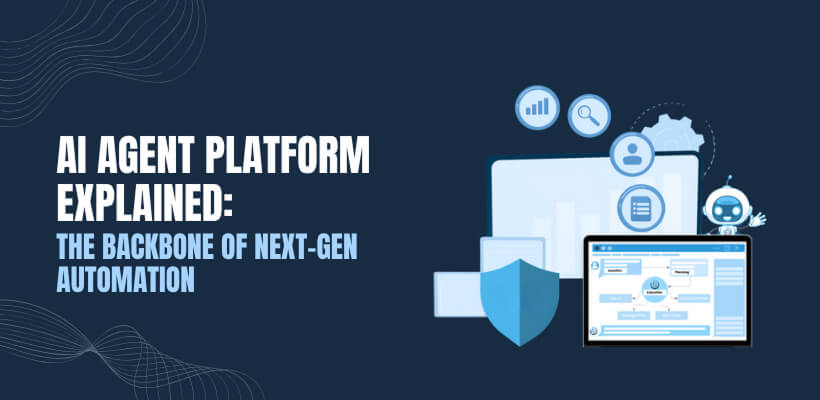
If you’ve ever wished your software could make decisions, act independently, and improve over time, you’re already thinking in terms of AI agents. But to unlock their full potential, you need a solid foundation AI agent platform.
AI agent platforms are the hidden engines powering the next generation of automation. They’re not just plug-ins or chatbots. These platforms orchestrate how intelligent agents perceive, decide, and act across complex systems. In 2025, they’re redefining how businesses operate faster, smarter, and with minimal human intervention.
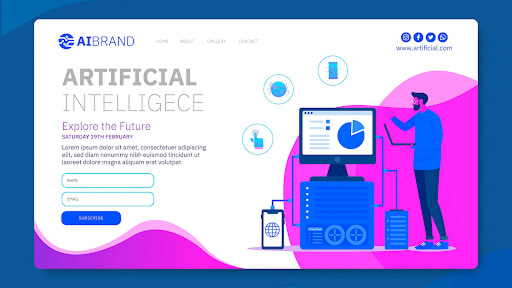
An AI agent platform is a system that allows developers, teams, or organizations to build, deploy, and manage intelligent agents. These platforms provide the tools agents need to:
They’re designed to integrate deeply with business operations, connecting apps, workflows, and data pipelines. You can think of them as the “nervous system” that empowers multiple AI agents to work together in real-world environments. The best AI agent platform does all of this seamlessly, whether they’re supporting customer service or backend infrastructure.
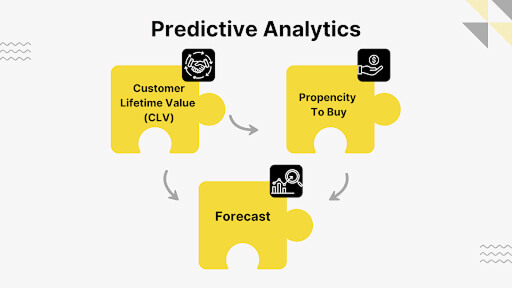
To understand how these platforms work, break them down into four core layers:
This layer gathers input from APIs, sensors, databases, or real-time streams. Whether it’s user clicks, sales data, or weather updates is where the agent sees.
The brain. Here, large language models (LLMs), reasoning engines, and rule-based systems come into play. This is where the agent interprets inputs, plans responses, and makes decisions.
Once a decision is made, the platform executes it. This could mean updating a CRM record, sending an email, or triggering another workflow.
Agents analyze outcomes and adjust their strategies accordingly. This feedback loop enables them to adapt and improve over time, much like a junior employee who becomes more knowledgeable with each passing day.
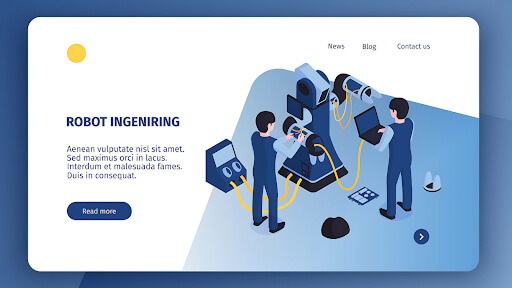
According to a 2025 report by IDC, over 38% of enterprises have adopted agent-based automation tools to streamline operations. And that number is growing.
Here’s why it matters:
“AI agents are moving from experimental tools to operational workhorses,” says Dr. Elena Fisher, Director of AI Strategy at Accenture. “Platforms give them the structure to scale responsibly and effectively.”
These platforms are already behind some of the most innovative systems you use every day:
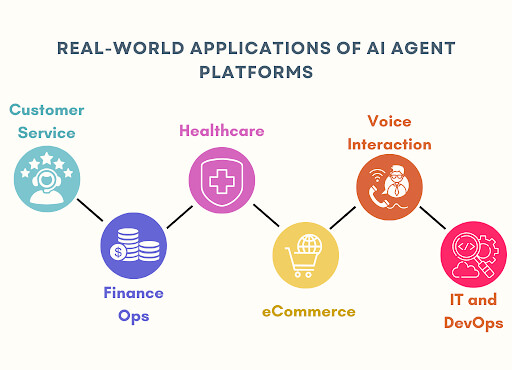
Enterprise use cases are evolving from reactive chatbots to proactive, goal-seeking agents embedded in mission-critical workflows—the more complex the task, the greater the return from using a well-designed AI agent platform.
Read more about Agentic AI in the context of supply chain automation.
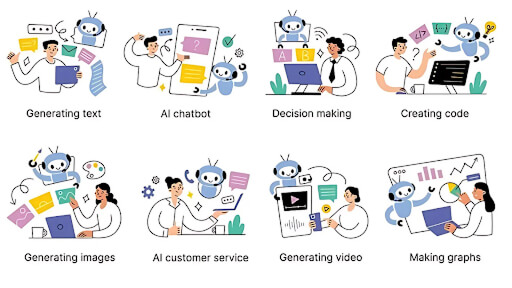
Here are some leading players powering AI agent ecosystems:
These are open-source agent frameworks that developers use to build goal-driven agents powered by LLMs like GPT-4.
This is a popular orchestration layer for chaining LLMs with APIs, tools, or memory modules, essential for building thinking agents.
These multi-agent coordination frameworks enable agents to collaborate as a team, much like a group of AI coworkers working together on a project.
It provides agents with a Python-based reasoning engine that enables secure, real-time code execution on local machines.
Many of these tools are considered the best AI agent platforms in 2025, thanks to their flexibility, power, and open architecture.
Despite their promise, these platforms aren’t plug-and-play. Here are a few pain points:
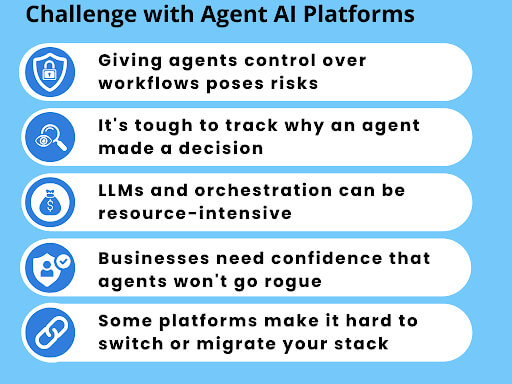
The best AI agent platforms today include guardrails such as permissions, monitoring, and fallback logic to keep agents accountable.
When choosing or building a platform, prioritize:
Whether you’re deploying an AI voice agent platform or a fully autonomous multi-agent system, these criteria are key.
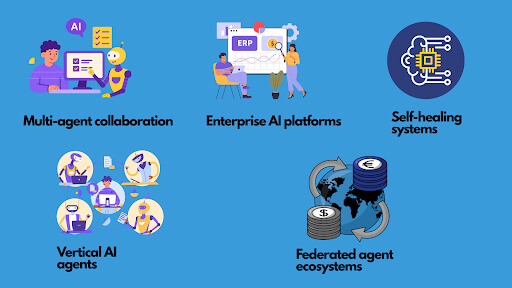
AI agent platforms are not just backend tools; they’re the control centers of a new kind of workforce. If you want more intelligent automation, better decisions, and scalable intelligence, these platforms are your starting point.
The race isn’t about who uses AI, it’s about who uses it wisely. The right AI agent orchestration platform helps your team do more with less, continuously improve, and stay competitive in a world that won’t slow down.
1. What is an AI Agent Platform?
An AI Agent Platform is a system that enables autonomous agents to perform complex tasks with minimal human input.
2. How does it differ from traditional automation tools?
Unlike rule-based automation, AI agent platforms utilize reasoning, memory, and learning to make dynamic decisions.
3. What industries benefit from AI Agent Platforms?
Sectors like finance, healthcare, retail, and logistics use them to boost efficiency and reduce costs.
4. Can non-technical teams use AI Agent Platforms?
Yes, many platforms offer no-code or low-code tools for business users to deploy intelligent agents easily.
At [x]cube LABS, we craft intelligent AI agents that seamlessly integrate with your systems, enhancing efficiency and innovation:
Integrate our Agentic AI solutions to automate tasks, derive actionable insights, and deliver superior customer experiences effortlessly within your existing workflows.
For more information and to schedule a FREE demo, check out all our ready-to-deploy agents here.